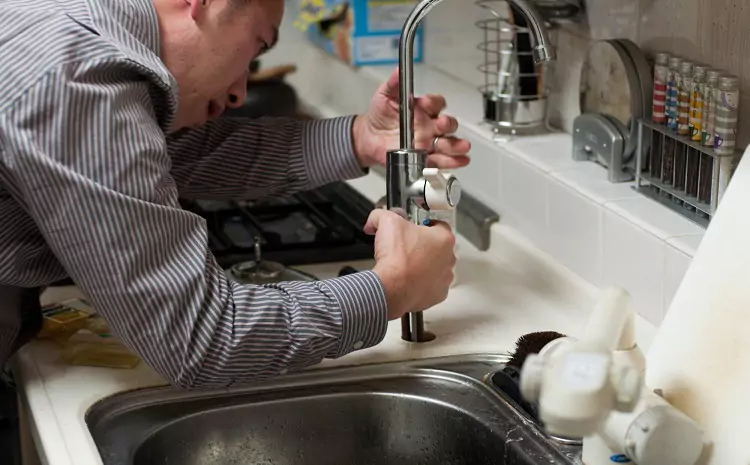Have you ever wondered why your kitchen smells even after a thorough cleaning? The culprit could very well be your grease trap! This unseen hero of the kitchen is essential for keeping unwanted odors at bay and ensuring your plumbing stays clear.
In this blog post, we will explore the secrets to maintaining your grease trap, saving you from costly repairs and unpleasant smells. By the end, you’ll have all the knowledge and tools you need to keep your kitchen smelling fresh and your grease trap functioning optimally.
Understanding Your Grease Trap
Alright, so what the heck is a grease trap anyway? Well, think of it like a filter for your kitchen sink. It catches all the greasy gunk and food particles before they clog up your pipes. Pretty neat, right?
Do Regular Maintenance
First things first, make sure you’re giving your grease trap some TLC on the regular. That means cleaning it out every few months to keep things flowing smoothly. Trust me, it’s way easier to deal with a little buildup than a full-blown clog.
Don’t Pour Grease Down the Drain
Here’s a crucial tip that cannot be overstated: never pour grease down the kitchen drain! It’s a common mistake to think that grease is harmless when it’s in its warm, liquid form and will simply wash away. However, the reality is far from this.
As soon as grease cools down, it transforms into a solid, sticky substance that clings to the inside of your pipes, leading to severe blockages. To avoid this plumbing disaster, the best practice is to pour the grease into a disposable container and let it cool.
Once it has solidified, you can safely throw it in the trash. This simple step can save you a great deal of hassle and ensure your pipes remain clear.
Do Scrape Plates Before Washing
A useful tip for commercial kitchens is to remove any remaining food from plates before placing them in the sink. This practice helps avoid clogging the grease trap with large food particles. Additionally, it’s much simpler to remove food when it’s fresh compared to after it has dried and stuck to the dishes.
Don’t Use Chemical Drain Cleaners
I know it’s tempting to reach for the old bottle of drain cleaner when things start backing up, but hear me out: those chemicals can do more harm than good, especially to your grease trap. If you’re dealing with a stubborn clog, it’s best to call in the pros or an emergency plumber in Boise to handle it.
Do Schedule Regular Inspections
Last but not least, make sure you’re scheduling regular inspections of your grease trap. A professional can spot any potential issues before they turn into full-blown disasters. Plus, it’s way cheaper to nip a problem in the bud than to deal with a major plumbing emergency down the line.
The Key to a Fresh-Smelling Kitchen Lies in Your Grease Trap
In conclusion, taking care of your grease trap is not just about avoiding unpleasant odors or costly plumbing issues; it’s about maintaining the health and efficiency of your kitchen’s plumbing system. By adhering to the dos and don’ts outlined in this guide, you can ensure your grease trap functions optimally, keeping your kitchen environment clean and fresh.
Remember, a little effort in maintaining your grease trap can save you a lot of trouble and expense in the long run. Here’s to a fresh-smelling kitchen!
Want to learn more? Don’t forget to explore our other articles before you leave!

Mark Thompson, a seasoned pest controller, is renowned for his expertise in keeping homes and businesses free from unwanted intruders. With a passion for environmental sustainability and a deep understanding of pest behavior, Mark has become a trusted authority in the industry.
